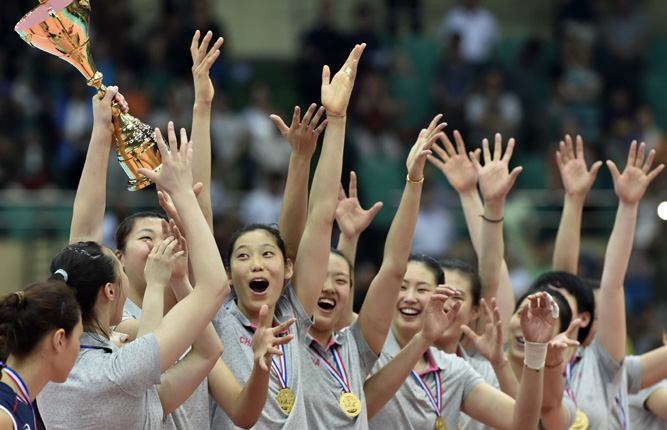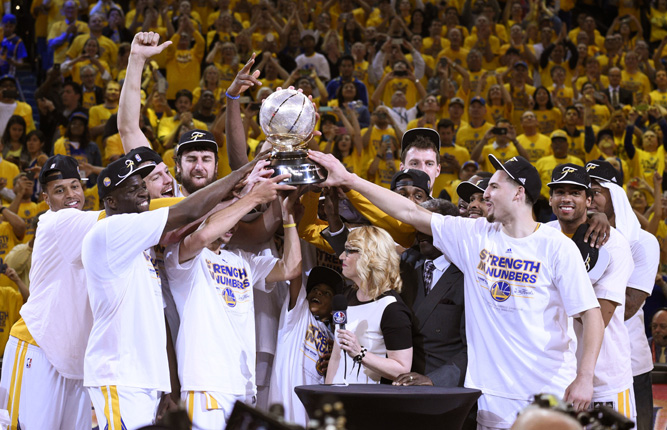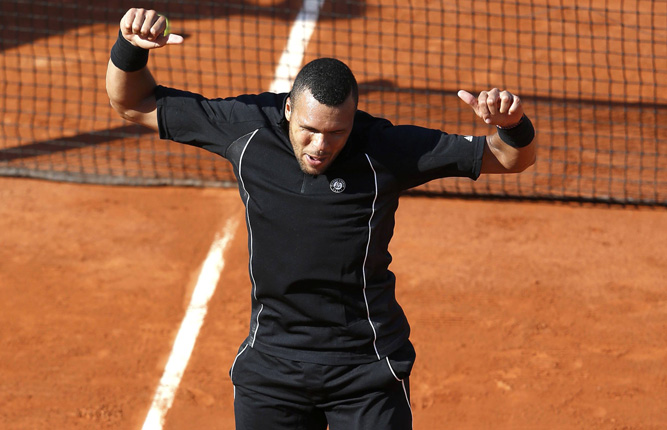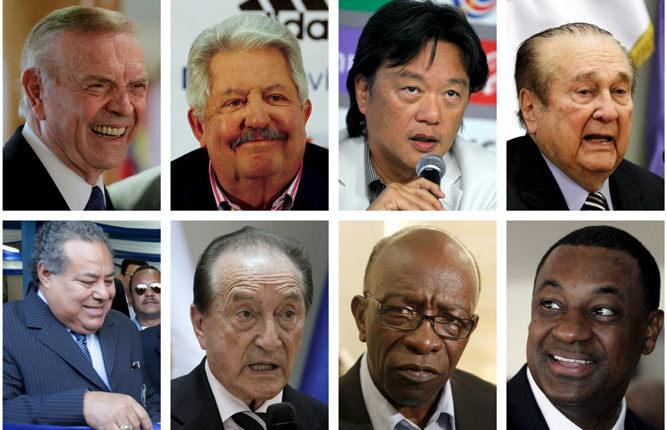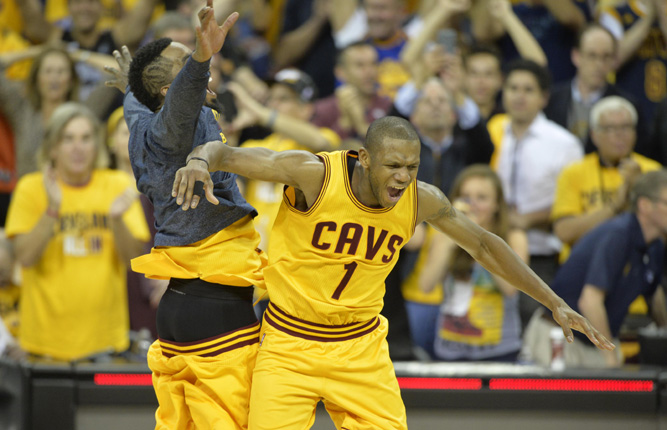FIFA's Blatter comes out fighting despite scandal and divisions
(Agencies) Updated: 2015-05-30 21:23
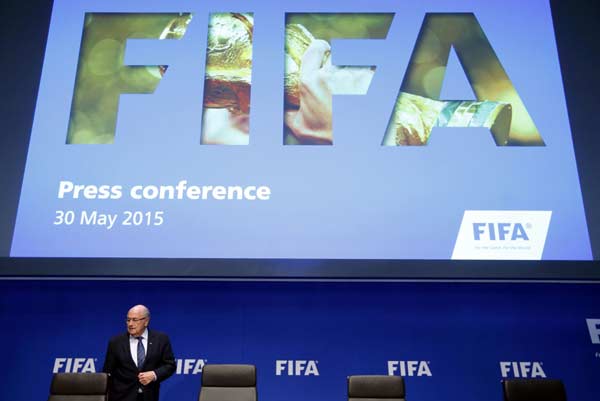 |
|
Re-elected FIFA President Sepp Blatter arrives for a news conference after an extraordinary Executive Committee meeting in Zurich, Switzerland, May 30, 2015. [Photo/Agencies] |
Blatter's expanding power base
Blatter has not been implicated in any wrongdoing, but having ruled FIFA for nearly 20 years during which it has regularly been subject to suspicions of graft, his critics have argued it was time for him to step down.
His supporters welcomed the outcome of a vote that pitted the veteran incumbent against a sole challenger, 39-year-old Prince Ali bin Al Hussein of Jordan.
"The AFC (Asian Football Confederation) has always supported the FIFA President and we are happy to continue working with him and FIFA to further develop Asian and world football into the future," Asian football chief Shaikh Salman bin Ebrahim Al Khalifa said on Saturday.
That support reflects Blatter's success in expanding FIFA's membership away from soccer's heartlands and in exploiting resentment in Africa and Asia over the perceived arrogance of the game's powerhouse nations in Europe and South America.
Despite Blatter's re-election, the scandal surrounding the investigations into corruption looks set to rumble on.
Platini has raised the possibility, albeit slim, of Europe boycotting the World Cup tournament, soccer's showcase played every four years.
There has also been talk of UEFA breaking away from FIFA, although that is also seen as unlikely.
England's Football Association chairman Greg Dyke, another vocal critic of Blatter, said the row within FIFA was unlikely to end with Friday's vote.
His vice-chairman David Gill confirmed on Saturday he would not take up his post on FIFA's executive committee.
"The terribly damaging events of the last three days have convinced me it is not appropriate to be a member of the FIFA executive committee under the current leadership," he said.
- FIFA arrests spur Brazil to probe soccer corruption
- Blatter wins fifth FIFA term as challenger concedes
- Britain examines information relating to possible FIFA
- FIFA scandal a warning for Chinese soccer reform
- A look at the voting blocs in the FIFA president balloting
- Blatter warns of 'more bad news' for tainted FIFA
